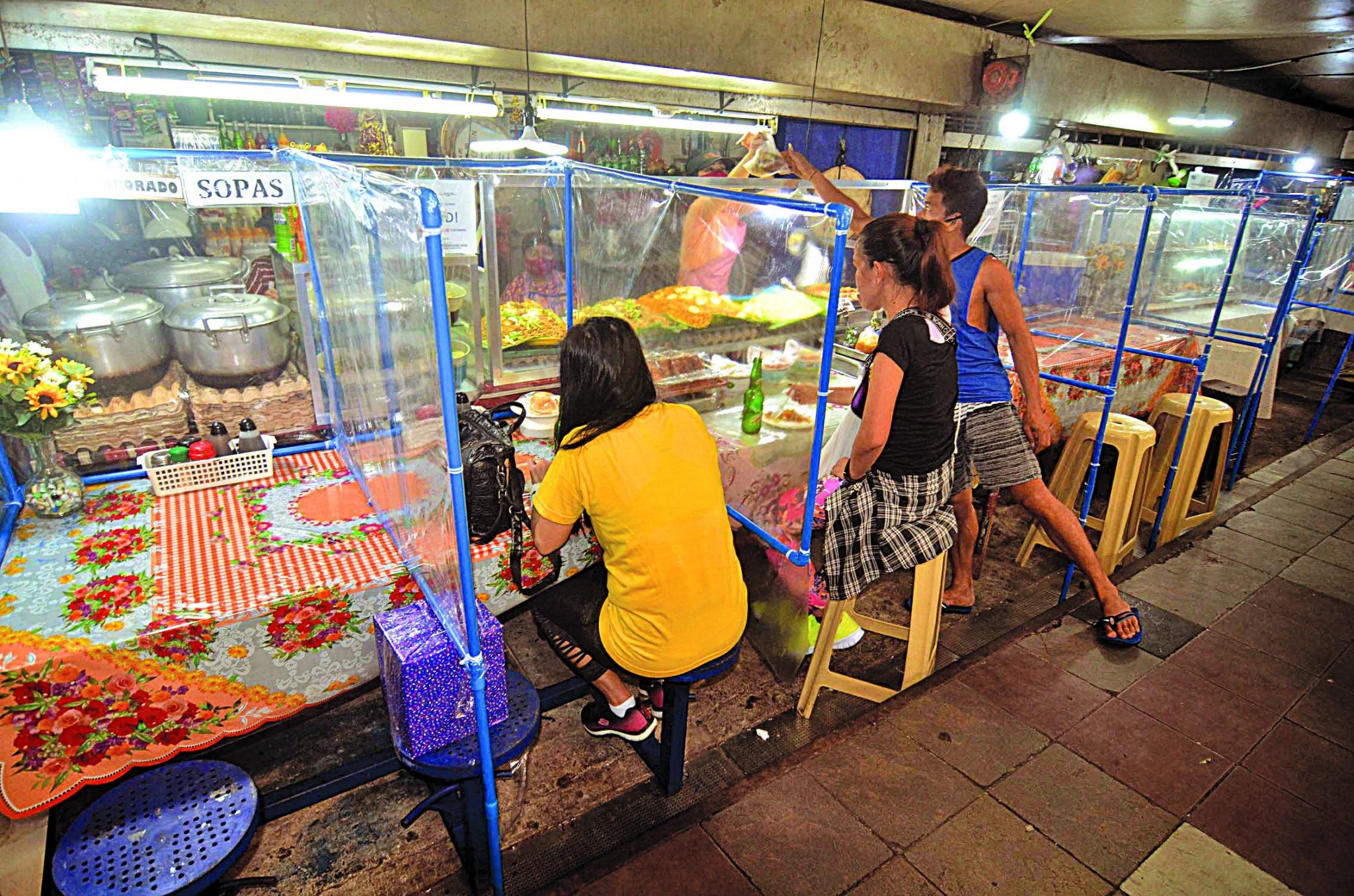
The European Chamber of Commerce (ECC) has aired its concern over the European Union Parliament’s threat to revoke the Philippines export tariff incentives, as it will aggravate the situation of low-income sectors, its members, and the country’s economic situation.
In an interview, ECC President Nabil Francis emphasized that his group strongly calls for the retention of the Generalized Scheme of Preferences (GSP+) grant in the Philippines, threatened to be withdrawn by the European Parliament in a resolution last 17 September mainly because of the deteriorating human rights violations happening in the Philippines.
“The EU is among the largest trading partners of the Philippines. The year after qualifying for the GSP+, Filipino exports to the EU expanded by 27 percent according to the Department of Trade and Industry (DTI). The removal of the GSP+ will put at risk thousands of jobs generated in both the agriculture and manufacturing sectors,” according to Mr. Nabil, who governs more than 200 predominantly European businesses venturing in the country for years.
The ECC reiterated that the EU’s mull revocation of the country’s tariff benefits in the midst of a pandemic will also exacerbate the economic situation of the country.
“The International Trade Centre has estimated that the total export and import loss of the Philippines from its EU trading partners could reach $300 million and $175 million, respectively, due to COVID-19 supply chain disruptions,” Francis told the Daily Tribune.
The ECC in its July survey said 91.8 percent of its members have significantly been affected by the pandemic, and cancellation of the GSP+ rating will add another burden to its members.
“The Chamber’s membership roster widely varies in terms of industry and company size. A considerable number of them are GSP+ beneficiaries. Among the top Philippine exports under the EU GSP+ to the EU are agricultural oil products, electrical machinery, processed meat & fish, optical products, processed vegetables, and fruits and nuts,” Francis emphasized.
He added that the revocation of the GSP+ in the midst of a pandemic will surely aggravate the situation of low-income sectors, and the country by and large.
“Furthermore, current investor confidence among the European-Philippine business community remains dampened due to the uncertain business landscape in the country as revealed in a recent study conducted by the ECCP,” according to Francis.
On its 17 September decision, the EU legislative assembly ruled “given the seriousness of the human rights violations in the country, calls on the European Commission, in the absence of any substantial improvement and willingness to cooperate on the part of the Philippine authorities, to immediately initiate the procedure which could lead to the temporary withdrawal of GSP+ preferences.”
The GSP+ status of the Philippines covers 6,274 locally-made products, including those manufactured by the micro, small and medium enterprises (MSMEs).
Last Friday, 18 September, Malacanang, through Spokesman Harry Roque, berated EU’s Parliament move and even provoked the EU to go on with its economic sanctions, even as the country continues to grapple with the coronavirus pandemic which plunged the economy into a recession, the worst in three decades.
By Raffy Ayeng
Source: Daily Tribune